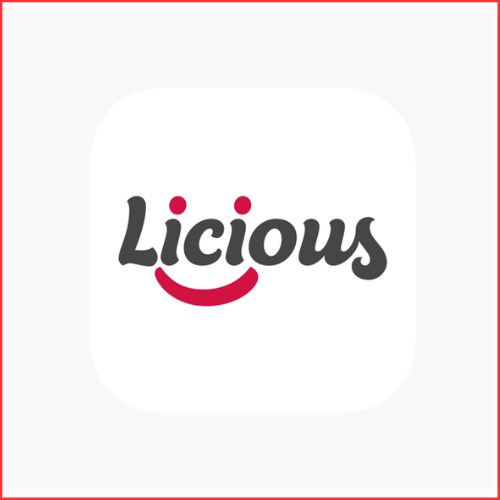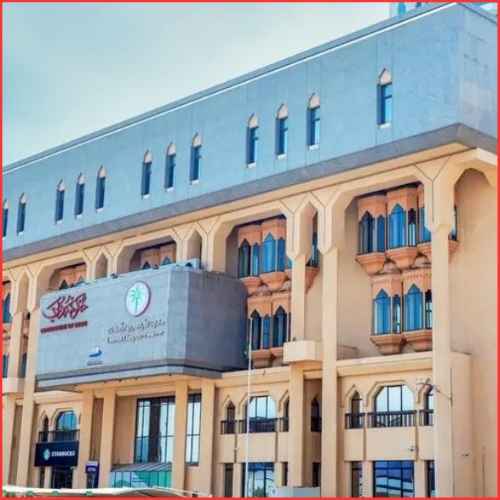Sula Vineyards Ltd., which filed for an IPO last month, claims to control more than half of India’s small but rapidly growing wine market.
While recession fears have slowed new listings this year, one of the few companies currently seeking to go public in Mumbai is gauging investor interest in India’s expanding wine market. Sula Vineyards Ltd., which filed for an initial public offering last month, claims to control more than half of India’s small but rapidly growing wine market.
Sula Vineyards Ltd., which filed for an initial public offering last month, claims to control more than half of India’s small but rapidly growing wine market. As part of its effort to make the drink fashionable in a young country with an expanding middle class, the 26-year-old company has opened tasting rooms and hosted an annual music festival.
“When Sula entered the market, wine was seen as something aspirational — for people over the age of 45, for example.” “Abhay Kewadkar, an independent alcoholic beverage consultant, concurred. “They cleverly shifted that perception by focusing on younger consumers.”
The winemaker is looking to go public at a time when IPOs have dried up in India, as well as much of the rest of the world, due to recession fears. Young retail traders who have helped drive the local stock market in recent years have been burned by falls in high-flying tech unicorns like Zomato Ltd. and Paytm parent One 97 Communications Ltd.
The S&P BSE IPO Index, which tracks the performance of Indian shares in the first two years after listing, has fallen 24 percent this year after nearly tripling in the previous three.
Sula has not yet disclosed a price for the planned sale of roughly one-third of its existing equity, which includes shares held by founder and Managing Director Rajeev Samant. Sula reported $57 million in sales for the fiscal year ended March 31, roughly one-tenth the revenue of Zomato and Paytm, but unlike the two tech firms, Sula is profitable.
Sula claims in its draft prospectus that India is the world’s third-largest market for alcoholic beverages, with a $33 billion market in 2020, but wine accounts for only 1% of that total. The company believes this leaves plenty of room for expansion, projecting total Indian wine sales of 3.4 million cases in 2025, up 70% from the level in 2021.
Samant, a 55-year-old Stanford graduate, has worked to increase demand by promoting wine tourism in Nashik, Sula’s production base, which is regarded as India’s Napa Valley. According to the company, social media has also helped raise the beverage’s profile, and Sula is one of the top ten most-followed vineyards on Instagram globally.
Sula will not make any money from the IPO, but it hopes that the listing will increase its visibility and brand image. It may also have a ripple effect on the entire industry, as the company’s local competitors include unlisted Fratelli Wines and Grover Zampa Vineyards.
“This IPO will bring the wine industry to the forefront, “Equirus Securities Pvt. Ltd. analyst Ronak Soni stated “It’s a rapidly expanding market.”















